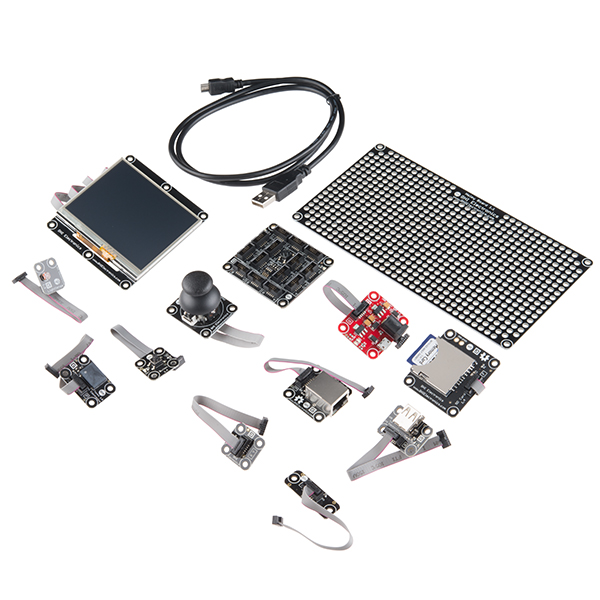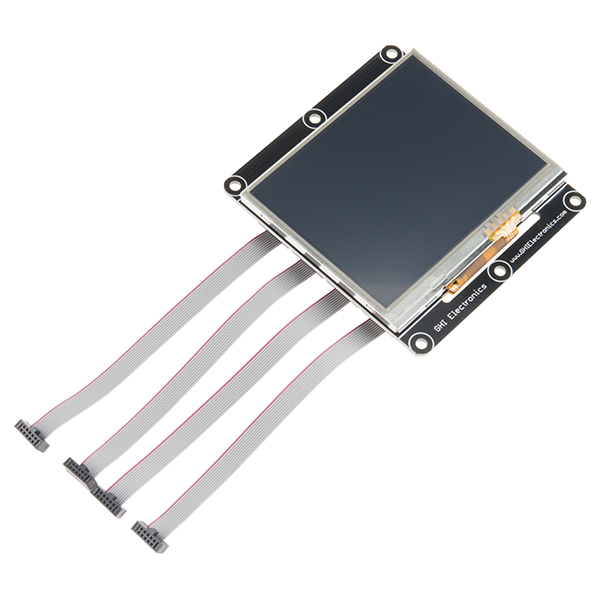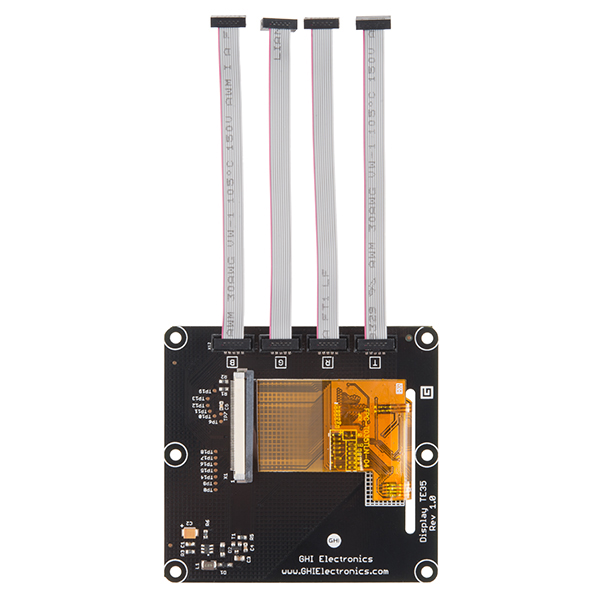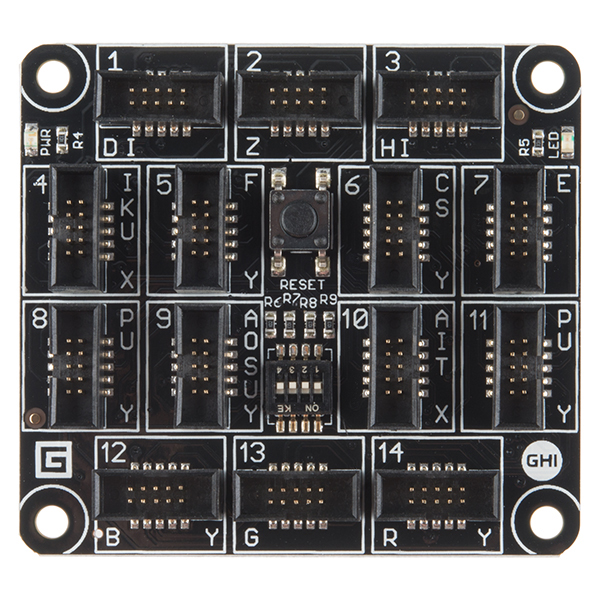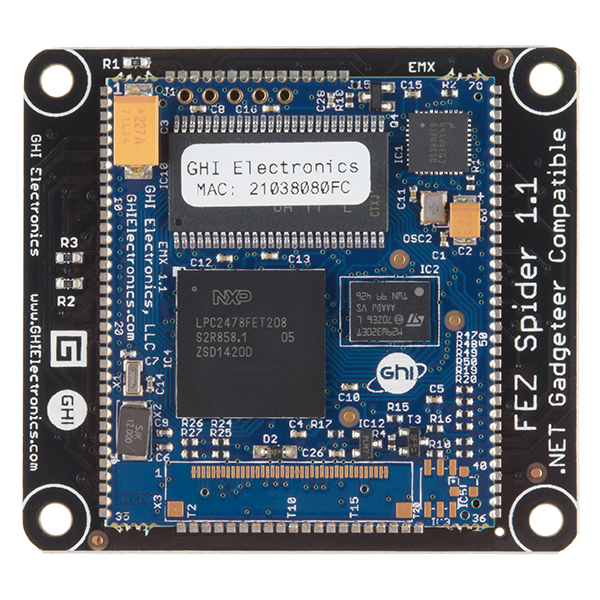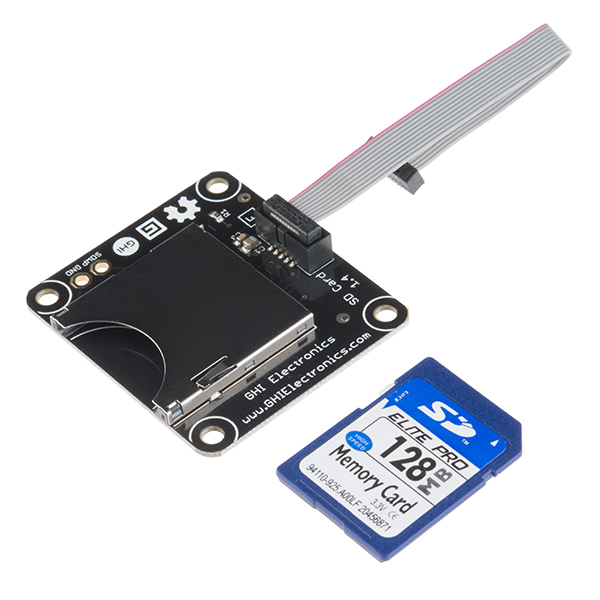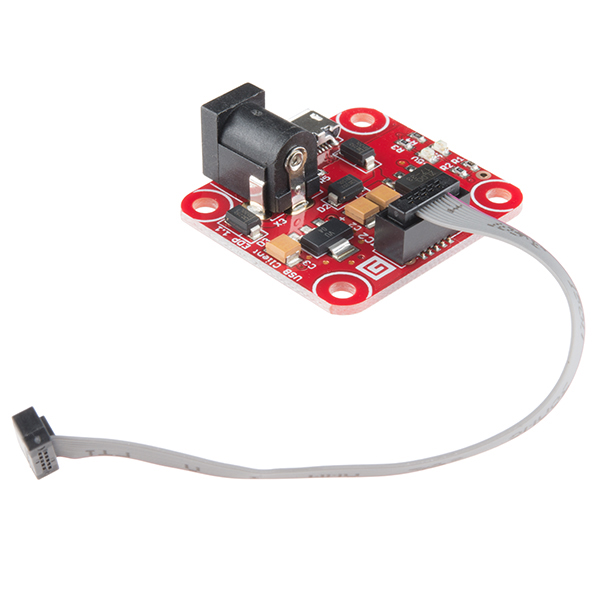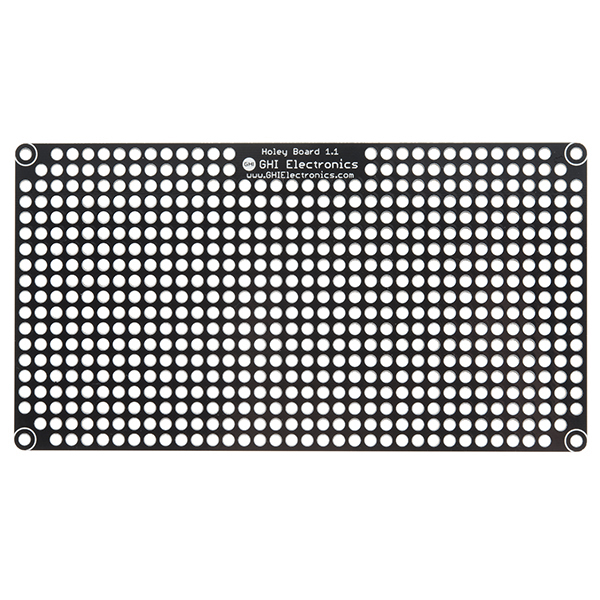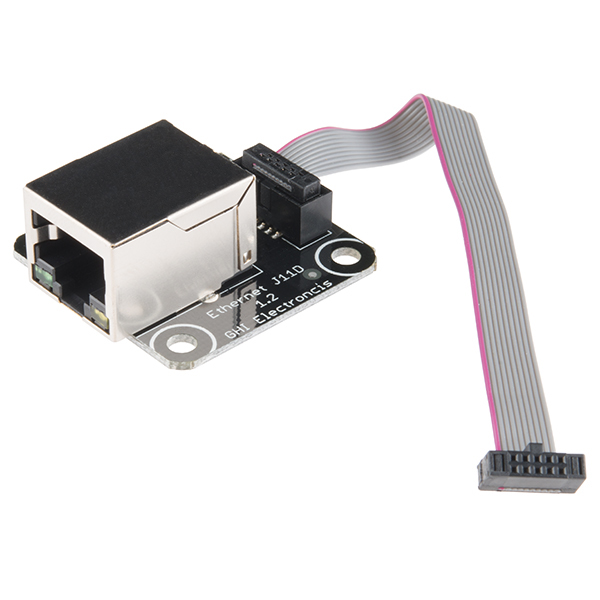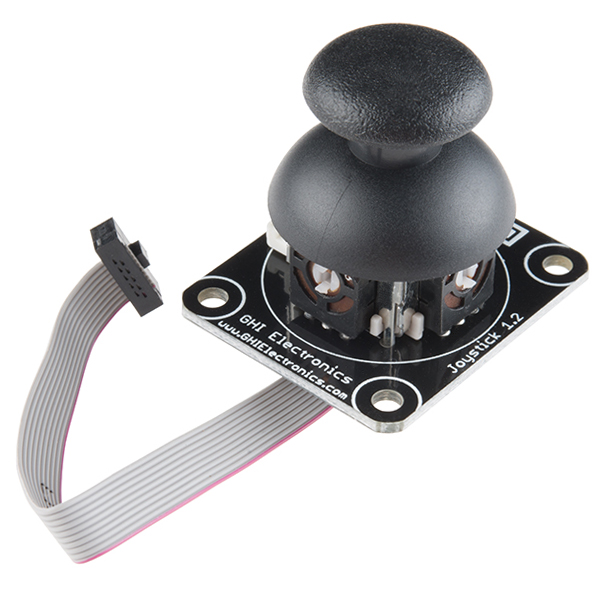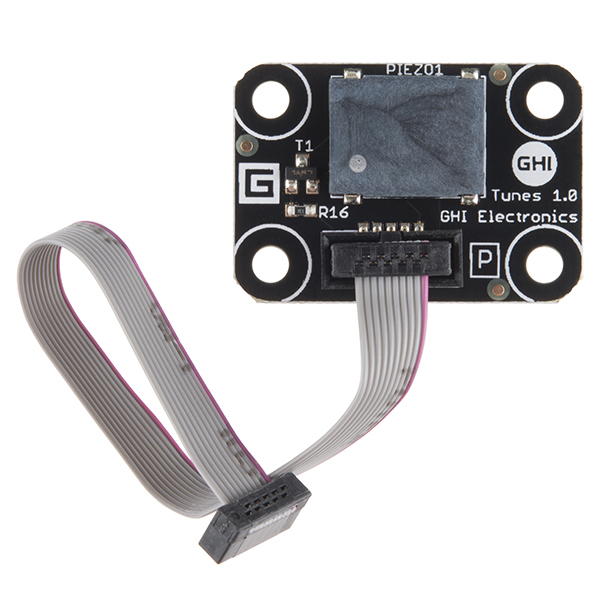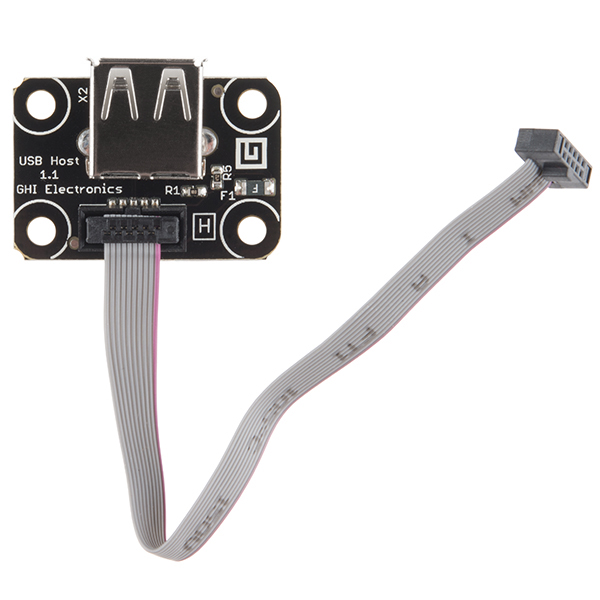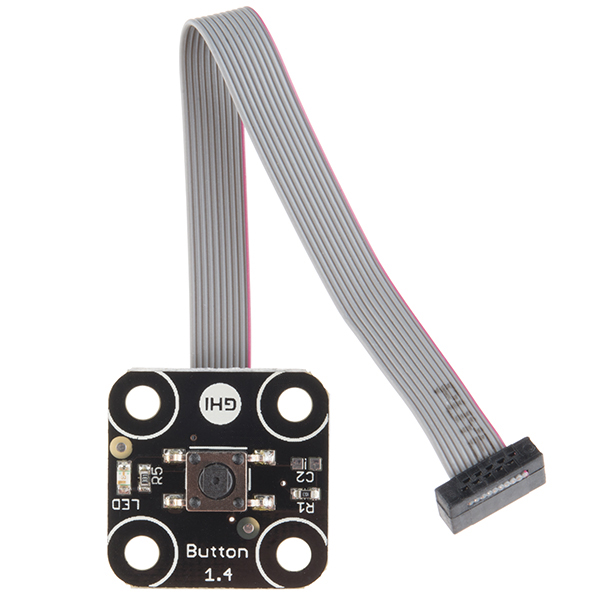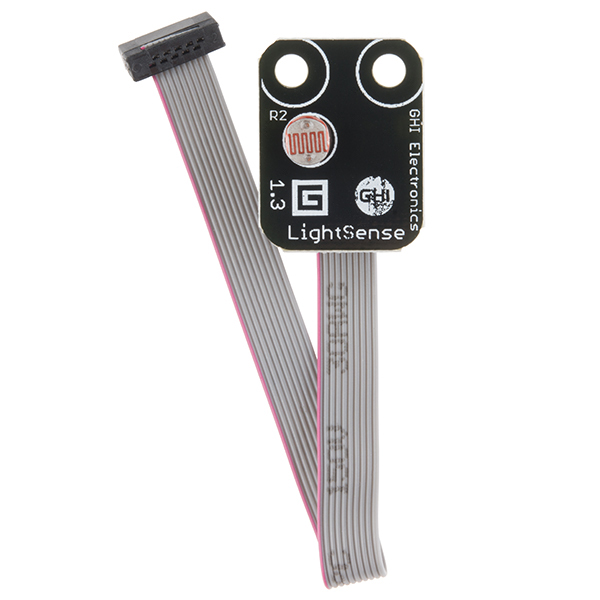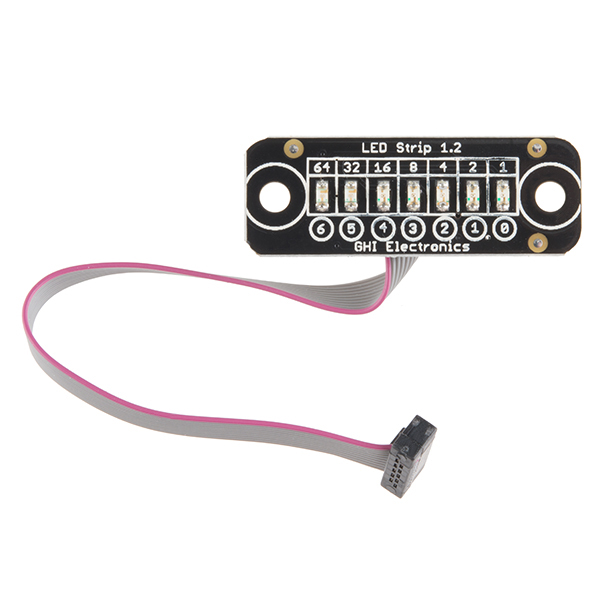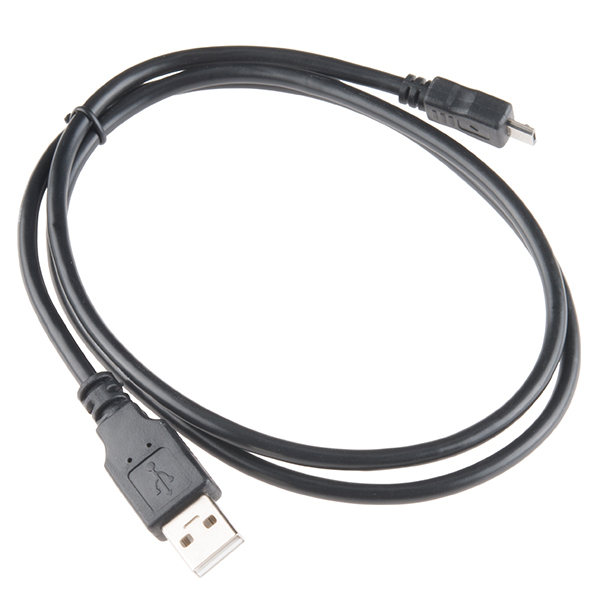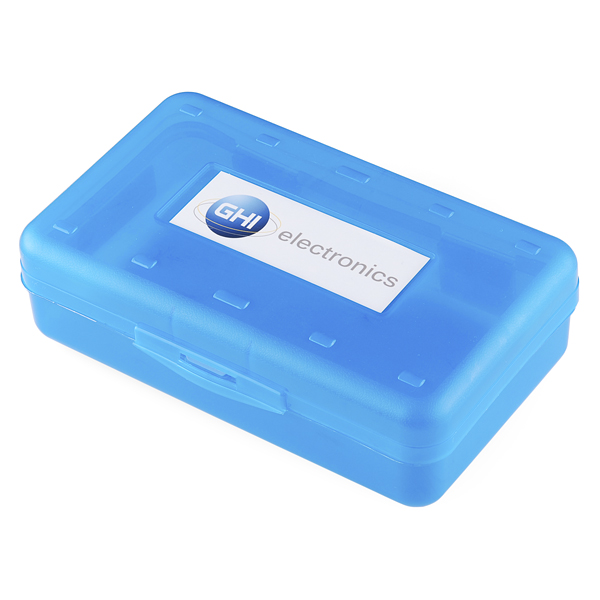FEZ Spider Tinker Kit
The FEZ Spider Tinker Kit is a 100% open-source (hardware and software) .NET Gadgeteer compatible mainboard running .NET Micro Framework. This tinker kit enables users to program the FEZ Spider and its add-on modules from Microsoft's Visual Studio using C# or Visual Basic, allowing developers to take advantage of the extensive built-in libraries for networking, file systems, graphical interfaces, and peripherals. Embedded development is fast & easy (FEZ) thanks to .NET Micro Framework, .NET Gadgeteer, and the numerous GHI value added features such as WiFi and USB Host.
The FEZ Spider incorporates a 72Mhz LPC2478 32-bit ARM7 processor. With 11MB of SDRAM and 2.539MB of FLASH, the FEZ Spider is capable or running a large number of complex applications. Also, inside the kit you will find a plethora of modules used for control, Ethernet, power, sensors, storage, visuals, interface, and everything you need to hook them and neatly organize each one.
- FEZ Spider Mainboard
- Display TE35 Module (3.5" with touchscreen)
- USB Client EDP Module
- 2x Button Module
- Ethernet J11D Module
- Joystick Module
- LED Strip Module
- Light Sensor Module
- SD Card Module
- 128mb SD Card
- Tune Module
- USB Host Module
- 10cm IDC cables (included with modules)
- Holey Board
- USB Cable
- Reusable Plastic Storage Box
- 14 .NET Gadgeteer Compatible Sockets
- 72Mhz LPC2478 32-bit ARM7 processor
- 11MB SDRAM
- 2.539MB FLASH
- Complete Graphics support
- FAT16/FAT32
- Full TCP/IP stack with SSL, HTTP, TCP, UDP, DHCP
- USB Device
- 4-bit SD card with no limit on SD card size
- 11 Module Add-Ons
- Schematic (Spider)
- Eagle Files (Spider)
- User Manual (EMX SoM)
- Dimensional Drawing (Spider)
- Product Page
FEZ Spider Tinker Kit Product Help and Resources
Core Skill: DIY
Whether it's for assembling a kit, hacking an enclosure, or creating your own parts; the DIY skill is all about knowing how to use tools and the techniques associated with them.
Skill Level: Noob - Basic assembly is required. You may need to provide your own basic tools like a screwdriver, hammer or scissors. Power tools or custom parts are not required. Instructions will be included and easy to follow. Sewing may be required, but only with included patterns.
See all skill levels
Core Skill: Programming
If a board needs code or communicates somehow, you're going to need to know how to program or interface with it. The programming skill is all about communication and code.
Skill Level: Competent - The toolchain for programming is a bit more complex and will examples may not be explicitly provided for you. You will be required to have a fundamental knowledge of programming and be required to provide your own code. You may need to modify existing libraries or code to work with your specific hardware. Sensor and hardware interfaces will be SPI or I2C.
See all skill levels
Core Skill: Electrical Prototyping
If it requires power, you need to know how much, what all the pins do, and how to hook it up. You may need to reference datasheets, schematics, and know the ins and outs of electronics.
Skill Level: Rookie - You may be required to know a bit more about the component, such as orientation, or how to hook it up, in addition to power requirements. You will need to understand polarized components.
See all skill levels
Comments
Looking for answers to technical questions?
We welcome your comments and suggestions below. However, if you are looking for solutions to technical questions please see our Technical Assistance page.
Customer Reviews
No reviews yet.

